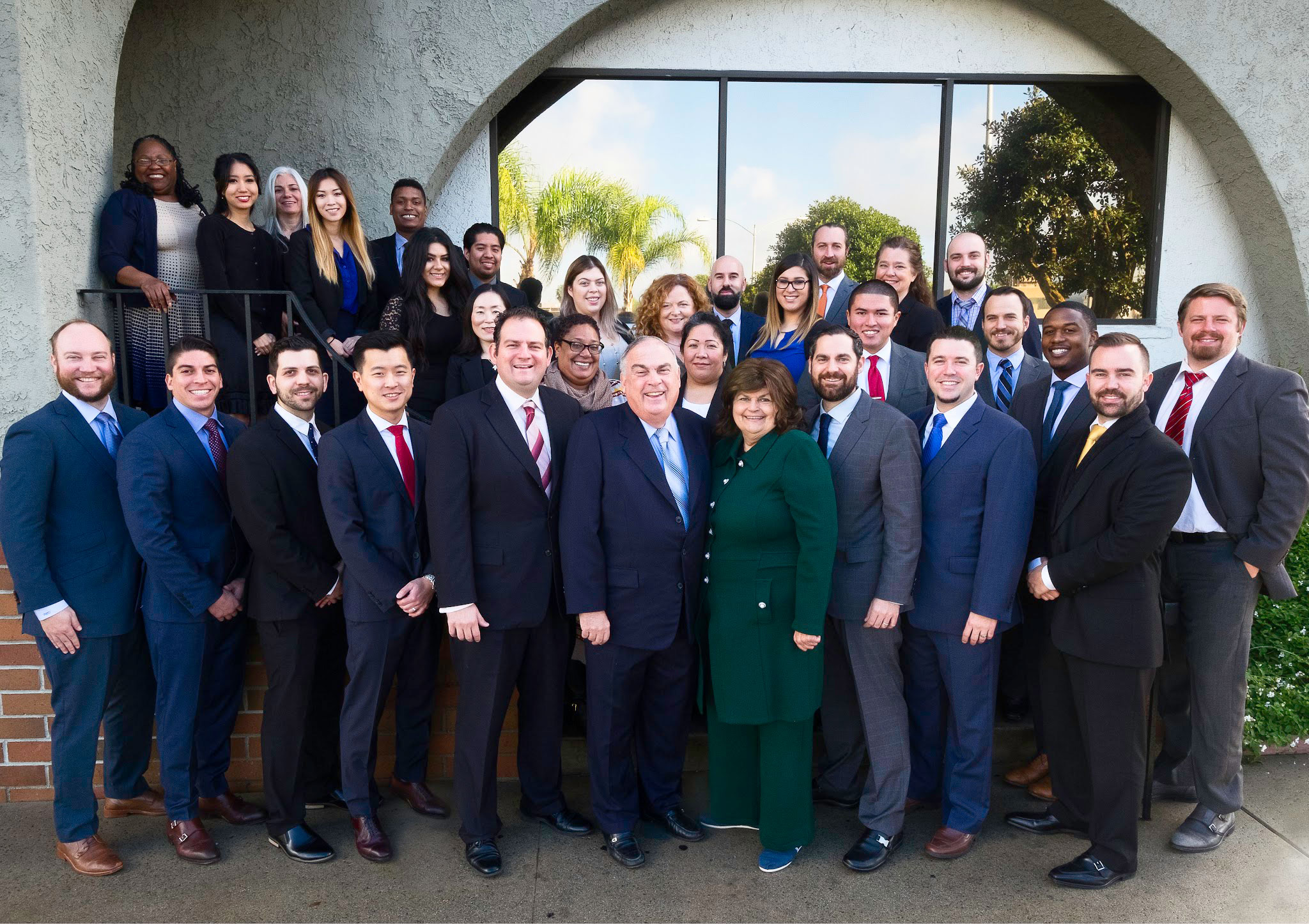Tax season can be a stressful time for many individuals and businesses, especially when faced with disputes or discrepancies in their tax filings. The Internal Revenue Service (IRS) is responsible for enforcing tax laws and regulations, but disagreements between taxpayers and the IRS are not uncommon. In this article, we’ll explore the top 10 taxpayer disputes with the IRS, what causes them, and what taxpayers can expect when navigating these challenges.
- Accuracy of Income Reporting: One of the most common disputes arises from discrepancies in income reporting. Taxpayers may receive income from various sources, including employment, investments, and freelance work, and accurately reporting all sources of income is crucial. Discrepancies in income reporting can lead to IRS audits and potential penalties if not addressed promptly.
What to Expect: Taxpayers should be prepared to provide documentation and evidence to support their reported income. IRS audits may involve reviewing bank statements, pay stubs, and other financial records to verify income sources.
- Deductions and Credits: Taxpayers often claim deductions and credits to reduce their taxable income and lower their tax liability. However, disputes may arise when taxpayers claim deductions or credits that the IRS deems ineligible or unsubstantiated. Common deductions and credits include those for mortgage interest, charitable contributions, and education expenses.
What to Expect: Taxpayers should ensure they have proper documentation to support their deductions and credits. The IRS may request receipts, invoices, or other evidence to substantiate claimed expenses.
- Filing Status: Choosing the correct filing status is essential for determining tax rates, deductions, and credits. Disputes may arise when taxpayers incorrectly claim a filing status that does not reflect their marital status or household situation. Common filing statuses include single, married filing jointly, married filing separately, and head of household.
What to Expect: Taxpayers should carefully review the criteria for each filing status and select the one that best reflects their circumstances. The IRS may request additional information to verify eligibility for a particular filing status.
- Taxpayer Identity Theft: Taxpayer identity theft occurs when an individual’s personal information, such as their Social Security number, is stolen and used to file fraudulent tax returns or claim refunds. Identity theft can lead to delays in processing legitimate tax returns and disputes with the IRS over fraudulent activity.
What to Expect: Taxpayers should report suspected identity theft to the IRS immediately and take steps to protect their personal information. The IRS may require additional verification measures to confirm the taxpayer’s identity and resolve any fraudulent activity.
- Estimated Tax Payments: Self-employed individuals and taxpayers with significant sources of income may be required to make estimated tax payments throughout the year. Disputes may arise when taxpayers underpay or fail to make timely estimated tax payments, leading to penalties and interest charges.
What to Expect: Taxpayers should carefully calculate their estimated tax payments and ensure they are paid on time to avoid penalties. The IRS may assess penalties for underpayment of estimated taxes but may waive them in certain circumstances, such as due to unforeseen circumstances or financial hardship.
- Worker Classification: Employers must correctly classify their workers as either employees or independent contractors for tax purposes. Disputes may arise when employers misclassify workers to avoid paying payroll taxes or providing employee benefits. Misclassification can result in IRS audits and penalties for both employers and workers.
What to Expect: Employers should familiarize themselves with IRS guidelines for worker classification and ensure they accurately classify their workers. The IRS may conduct audits to verify worker classifications and assess penalties for misclassification.
- Foreign Income Reporting: Taxpayers who earn income from foreign sources, such as foreign investments or employment abroad, are required to report this income to the IRS. Disputes may arise when taxpayers fail to report foreign income or incorrectly report it, leading to IRS audits and potential penalties for non-compliance.
What to Expect: Taxpayers with foreign income should familiarize themselves with IRS reporting requirements and ensure they accurately report all foreign income. The IRS may request additional documentation, such as foreign bank statements or tax forms, to verify reported income.
- Tax Withholding and Payments: Employers are responsible for withholding taxes from employees’ paychecks and remitting them to the IRS on their behalf. Disputes may arise when employers fail to withhold the correct amount of taxes or neglect to remit withheld taxes to the IRS. Employees may also encounter disputes if they fail to make timely tax payments or underestimate their tax liability.
What to Expect: Taxpayers should review their tax withholding and payment records regularly to ensure accuracy. The IRS may assess penalties for underpayment or late payment of taxes but may waive them in certain circumstances, such as due to reasonable cause or financial hardship.
- Retirement Account Contributions and Distributions: Taxpayers who contribute to retirement accounts, such as IRAs or 401(k) plans, may encounter disputes related to contribution limits, eligible deductions, and required minimum distributions (RMDs). Discrepancies in reporting retirement account activity can lead to IRS audits and penalties for non-compliance.
What to Expect: Taxpayers should familiarize themselves with IRS rules and regulations governing retirement account contributions and distributions. The IRS may request documentation, such as account statements or contribution records, to verify reported activity.
- Tax Return Preparation Errors: Taxpayers who rely on tax professionals or tax preparation software to prepare their tax returns may encounter disputes related to errors or inaccuracies in their returns. Mistakes in reporting income, deductions, or credits can lead to IRS audits and potential penalties for tax return preparation errors.
What to Expect: Taxpayers should review their tax returns carefully before filing to ensure accuracy and completeness. The IRS may conduct audits to identify and correct errors in tax returns and may assess penalties for negligent or intentional misrepresentation.
Conclusion
Navigating disputes with the IRS can be a daunting task for taxpayers, but understanding the top 10 issues and what to expect can help alleviate some of the stress and uncertainty. By maintaining accurate records, complying with IRS rules and regulations, and seeking professional assistance when needed, taxpayers can effectively address disputes with the IRS and ensure compliance with their tax obligations. If faced with a dispute with the IRS, taxpayers should respond promptly, provide requested documentation or information, and consider consulting with a tax professional or seeking assistance from the IRS’s Taxpayer Advocate Service to resolve the issue efficiently.

